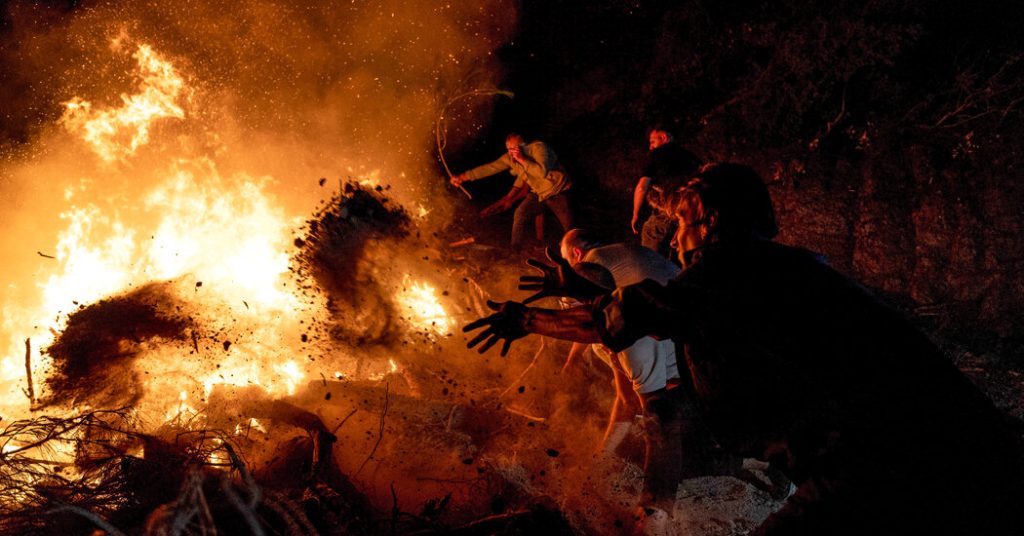The year 2023 was the hottest on record and also the most extreme for wildfires, with both the frequency and intensity of extreme wildfires having more than doubled in the last two decades. Six of the last seven years were also the most energetically intense in terms of wildfires when accounting for ecological, social, and economic consequences. The findings of a new study published in Nature Ecology & Evolution shocked researchers, highlighting the visible manifestations of a warming and drying climate in extreme fires. Wildfires have been causing devastating effects worldwide, with recent incidents in New Mexico, Southern California, and Turkey resulting in fatalities and significant destruction.
Wildfires can have deadly consequences and cost the United States up to $893 billion annually when considering the costs of rebuilding, economic effects of pollution, and injuries. However, most fires are generally considered relatively benign and ecologically beneficial. The study analyzed 21 years of data collected by NASA satellites and identified over 2,900 extreme fire events out of millions across the world. These extreme events were characterized by the vast amount of smoke emitted, high levels of greenhouse gas emissions, and the broad ecological, social, and economic effects they had.
David Bowman, professor of pyrogeography and fire science at the University of Tasmania, described the study findings as a significant breakthrough, indicating a troubling trend of increasing fire intensity globally. The rise in extreme fire events was primarily observed in the temperate conifer forests of the western U.S. and Canada, as well as in the boreal forests of North America and Russia’s northern latitudes. Climate change was identified as a key factor contributing to hotter and drier conditions that are conducive to extreme fire events. The scale of wildfires not only poses threats to nearby communities but also affects air quality and health over long distances due to dense smoke emissions.
The study underscores the urgent need to address the root causes of the escalating wildfire crisis, particularly the role of climate change in exacerbating fire risks. Dr. Jennifer R. Marlon, a research scientist at the Yale School of the Environment, emphasized the connection between larger and more severe wildfires and a warming planet. She highlighted the importance of raising awareness about the impact of human activities on forest and grassland burning patterns to mobilize support for reducing the underlying issues, such as burning fossil fuels. The research findings serve as a wake-up call for policymakers, communities, and individuals to take decisive action to mitigate the growing threat of extreme wildfires and their far-reaching consequences on ecosystems, society, and the economy.


